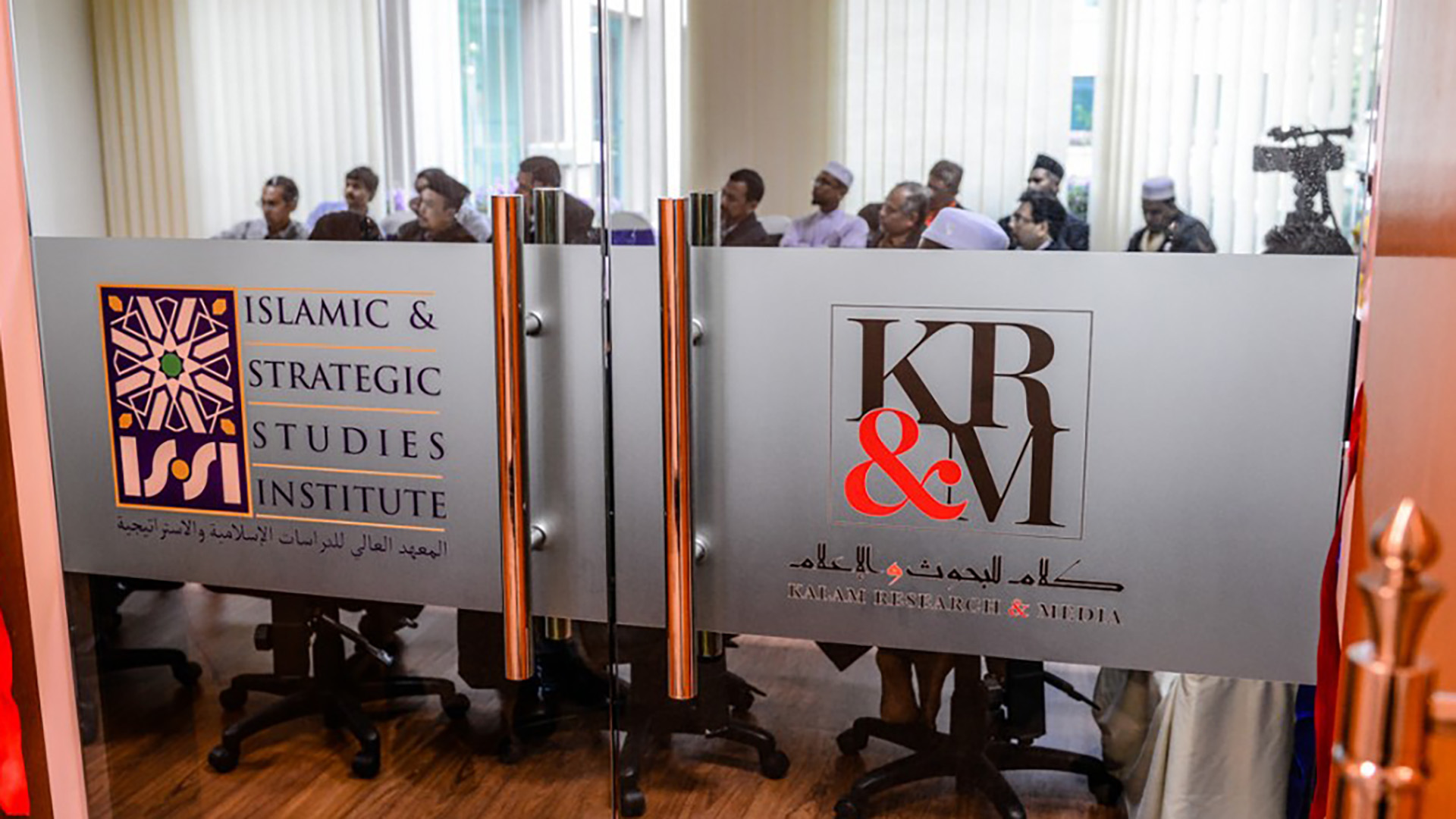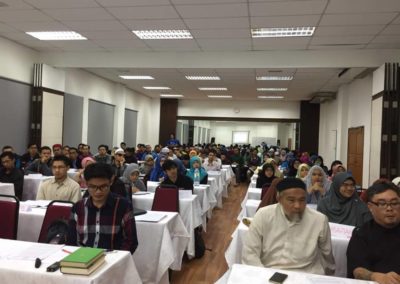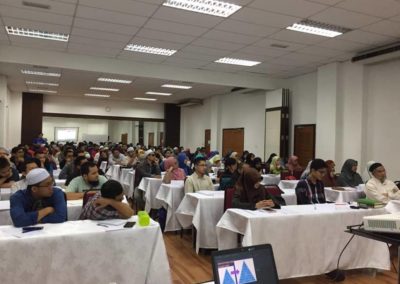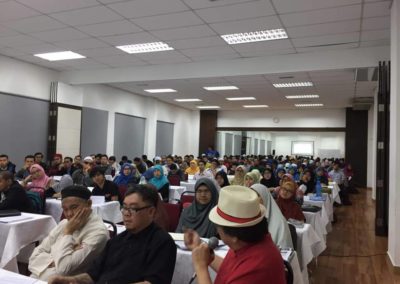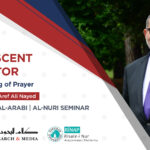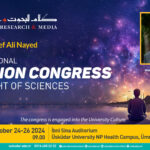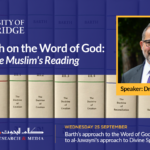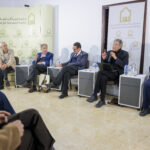Nearly 150 students from various universities in Malaysia came to the start of Al-Ghazali Semester KRM-ISSI Kalam School at Kuala Lumpur, Malaysia. Last academic year 30 students had attended a similar programme. The main theme for the Ghazali Semester is to understand the structure and methodology of Kalam, or the Architectonics of Kalam. The first class was conducted on Tuesday, 10th October 2017 from 9pm until 11pm by Dr. Amran Muhammad, Chief Executive of ISSI and the Director of Kalam Research and Media (KRM) Southeast Asia.
The topics on the analytic theology, the Architectonics of Kalam, which are planned to be covered this semester are on logic, semiotics, epistemology, ontology, cosmology, psychology, praxeology, axiology, ethics, politics, aesthetic, technology, ecology, economy and eschatology. The class began with Dr. Amran giving an overview of the aims of the new semester. Also covered during this class was a discussion on Macro Tajdid of Kalam (An overview of the rise and demise of Kalam in the Muslim world) and Micro Tajdid of Kalam (An overview of the structure and methodology of Kalam). The classes introduced set texts to serve as general resources such as: “The Science of Kalam: Paucis Verbis” by Dr. Ibrahim Abu Bakar, “The Cambridge Companion to the Islamic Classical Theology” edited by Tim Winter; and an article by M Sait Ozervarli in the Muslim World Journal, “Attempts to Revitalize Kalam in the Late 19th and Early 20th Centuries”.
Students came from various background such as social sciences and also physical sciences, but mainly from religious disciplines such as Fiqh, Shari’a, Usul al-Fiqh, Usul al-Din and comparative religion. The course aims to provide an overview on the field of Kalam and ways to understand its role today. Classes for this semester will be conducted every fortnight for the next five months.
KRM-ISSI has opened its new offices in Kuala Lumpur, located in the heart of the city, and besides offices for for administration, research and publishing, it is also to be known as a “Kalam Station” with its own bookstore and coffee shop in order to become a robust intellectual and creative hub in the region.
More information and updates on the classes can be found on the website of ISSI.

